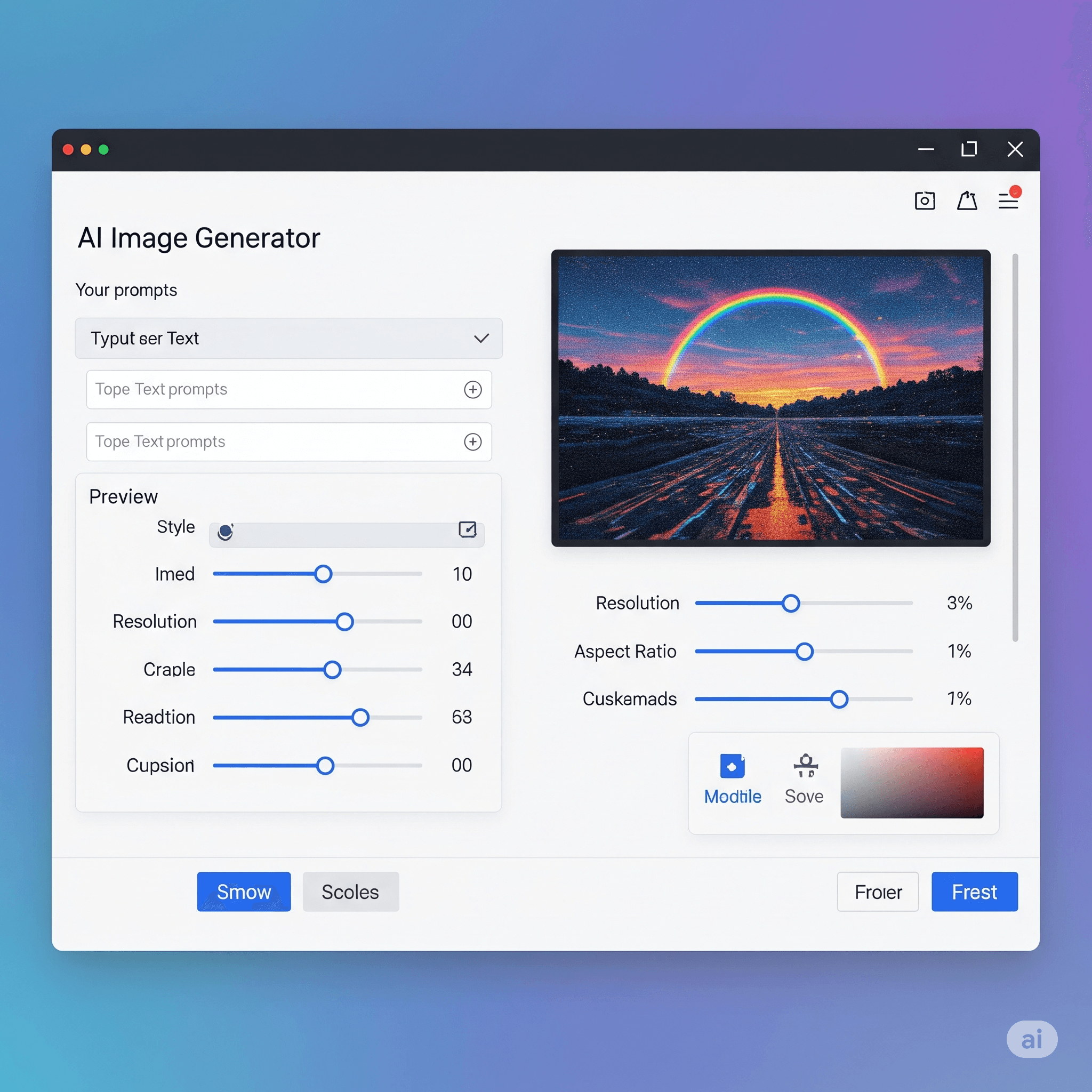Question: Hardware or software designed to guard against unauthorized access to a computer network is known as a(n):
Answer:
Hardware or software designed to guard against unauthorized access to a computer network is known as a "firewall."
A firewall acts as a protective barrier between an internal computer network and external networks, such as the Internet. Its primary purpose is to monitor and control incoming and outgoing network traffic based on predetermined security rules. By doing so, it helps prevent unauthorized access, malicious attacks, and the spread of malware.
Firewalls can be implemented as both hardware devices and software applications:
1. Hardware Firewall: A hardware firewall is a dedicated physical device that is installed between a network and its connection to the Internet. It often comes in the form of a network appliance and operates at the network level, inspecting network packets and enforcing security policies. Hardware firewalls are typically deployed in corporate networks or larger network environments.
2. Software Firewall: A software firewall is a program or application that runs on a computer or network device to provide firewall functionality. It can be installed on individual computers or network devices to monitor and filter network traffic. Software firewalls are commonly used in personal computers, laptops, and small network setups.
Firewalls work by analyzing network traffic based on predefined rules or policies. They can be configured to allow or block specific types of network connections, ports, protocols, or IP addresses. Some common firewall features include packet filtering, stateful inspection, application-level filtering, and virtual private network (VPN) support.
Firewalls help protect computer networks by:
- Preventing unauthorized access: Firewalls monitor incoming and outgoing network traffic, blocking connections from suspicious or unauthorized sources.
- Filtering network traffic: They can be configured to filter traffic based on specific criteria, such as IP addresses, ports, protocols, or application types.
- Detecting and blocking malicious activity: Firewalls can identify and block known attack patterns, malicious content, or suspicious behavior, providing an additional layer of defense against cyber threats.
- Enforcing network security policies: They allow network administrators to define and enforce security policies, ensuring compliance and preventing unauthorized access to sensitive resources.
In summary, firewalls are essential security components that protect computer networks by monitoring and controlling network traffic, preventing unauthorized access, and defending against malicious attacks. They are a fundamental part of network security infrastructure, providing an important layer of defense for both personal and enterprise networks.
MCQ: Hardware or software designed to guard against unauthorized access to a computer network is known as a(n):
Explanation:
Hardware or software designed to guard against unauthorized access to a computer network is known as a "firewall."
A firewall acts as a protective barrier between an internal computer network and external networks, such as the Internet. Its primary purpose is to monitor and control incoming and outgoing network traffic based on predetermined security rules. By doing so, it helps prevent unauthorized access, malicious attacks, and the spread of malware.
Firewalls can be implemented as both hardware devices and software applications:
1. Hardware Firewall: A hardware firewall is a dedicated physical device that is installed between a network and its connection to the Internet. It often comes in the form of a network appliance and operates at the network level, inspecting network packets and enforcing security policies. Hardware firewalls are typically deployed in corporate networks or larger network environments.
2. Software Firewall: A software firewall is a program or application that runs on a computer or network device to provide firewall functionality. It can be installed on individual computers or network devices to monitor and filter network traffic. Software firewalls are commonly used in personal computers, laptops, and small network setups.
Firewalls work by analyzing network traffic based on predefined rules or policies. They can be configured to allow or block specific types of network connections, ports, protocols, or IP addresses. Some common firewall features include packet filtering, stateful inspection, application-level filtering, and virtual private network (VPN) support.
Firewalls help protect computer networks by:
- Preventing unauthorized access: Firewalls monitor incoming and outgoing network traffic, blocking connections from suspicious or unauthorized sources.
- Filtering network traffic: They can be configured to filter traffic based on specific criteria, such as IP addresses, ports, protocols, or application types.
- Detecting and blocking malicious activity: Firewalls can identify and block known attack patterns, malicious content, or suspicious behavior, providing an additional layer of defense against cyber threats.
- Enforcing network security policies: They allow network administrators to define and enforce security policies, ensuring compliance and preventing unauthorized access to sensitive resources.
In summary, firewalls are essential security components that protect computer networks by monitoring and controlling network traffic, preventing unauthorized access, and defending against malicious attacks. They are a fundamental part of network security infrastructure, providing an important layer of defense for both personal and enterprise networks.
Discuss a Question
Related Questions
- 1. The scrambling of code is known as:
- 2. To prevent the loss of data during power failures, use a(n):
- 3. ——Is defined as any crime completed through the use of computer technology.
- 4. —— refers to electronic trespassing or criminal hacking.
- 5. The first electronic computer was developed by
- 6. Snowball is an/a———
- 7. Switching device of fifth generation computer is——–
- 8. ———- computers operates essentially by counting
- 9. ———- computer is small general purpose micro computer, but larger than portable computer
- 10. Cathode Ray Tube is a form of…….
You may be interested in:
Computer Basics MCQs






